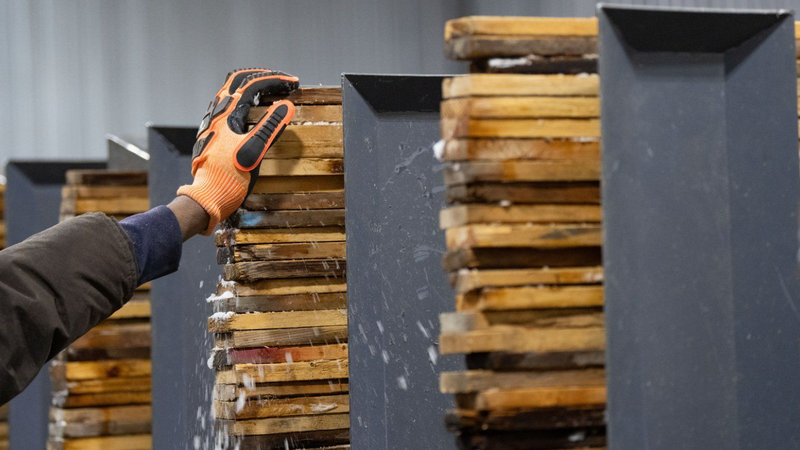
Chilliwack, Abbotsford add more jobs as national unemployment rate ticks up to 6.9%: StatCan
CHILLIWACK — The job market seemingly sprang into motion across the Fraser Valley, as provincial and national labour figures slowly ticked up in April.
Chilliwack continued to gain significant job momentum last month, adding 900 jobs and cutting down the unemployment rate from 6.6 per cent in March to 6.1 per cent in April.
Abbotsford-Mission also saw big moves between the monthly unemployment figures, albeit upwards. Despite adding 100 jobs last month, the census region’s joblessness rate increased 0.7 points between March and April– from 6.1 to 6.8 per cent.
Those figures match the national joblessness rate of 6.9 per cent in April, up 0.2 per cent from March 2025. B.C. also saw little movement from 6.1 per cent in March to 6.2 per cent in April.
